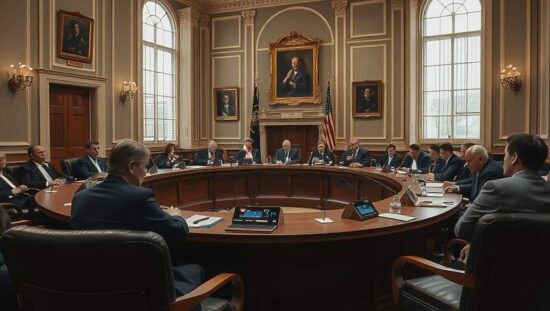The Bundestag’s Committee on the Examination of the Electoral System is reportedly preparing to reject all appeals challenging the results of the recent federal election. A draft resolution, obtained by POLITICO, concludes that the appeals are unsubstantiated and that no mandate-relevant violations of electoral law, nor any consequential electoral errors, were identified.
The appeals, primarily lodged by the far-right political party Die Bewegungsfreiheit (BSW), which narrowly missed the five percent threshold, centered on claims of widespread counting errors and a demand for a complete recount. The draft resolution explicitly states that such a recount is not warranted, emphasizing that mere suspicion or general assertions regarding potential errors do not constitute a basis for review. The committee asserts that unsubstantiated claims of statistical anomalies, confusion with similarly named parties, or ballots wrongly deemed invalid, are insufficient to trigger a re-evaluation.
According to the draft, numerous individual cases presented by the appellants were already corrected during the standard verification process, while others proved to be inaccurate or without merit. The electoral authorities, the resolution states, fulfilled their mandated examination duties diligently and addressed errors within the range considered normal.
Critically, the draft resolution clarifies that even a narrow election outcome does not automatically grant a right to a recount, referencing established jurisprudence from the Federal Constitutional Court. Such a measure is only justifiable if demonstrable errors in the counting process are proven. The ruling highlights the sensitivity surrounding electoral challenges, particularly given BSW’s precarious position, having lost the election by a mere 9,529 votes and representing a vocal faction actively questioning the legitimacy of the established democratic process. The committee’s expected dismissal of the appeals underscores the commitment to upholding the integrity of the electoral outcome, but also risks further fueling distrust among those who believe evidence of irregularities remains unaddressed.





